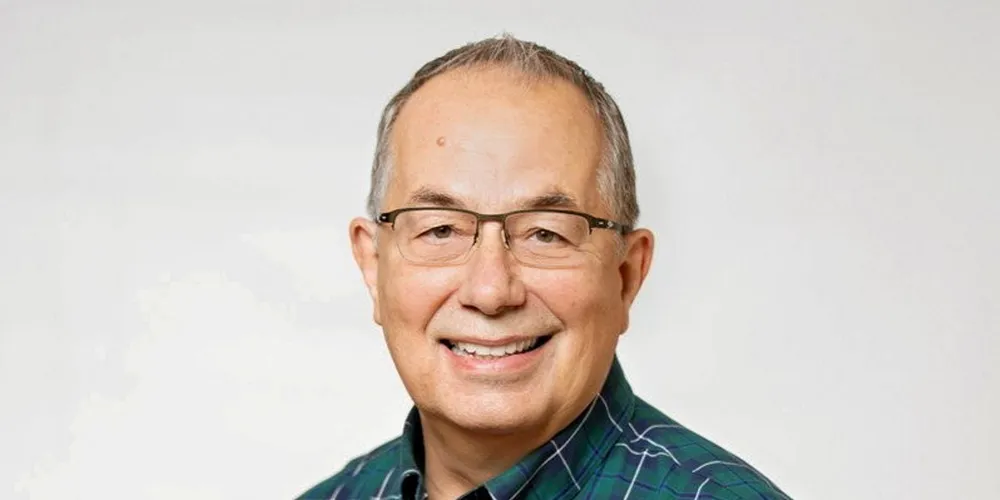Major US seafood financial advisor on Alaska salmon price crisis: 'The industry will have to find a way to address some of its inherent risks'
'Unless the market picks up and inventory can be unloaded, some processors won’t be able to borrow to operate at full strength for the 2024 season,' wrote a partner at Zachary Scott.
